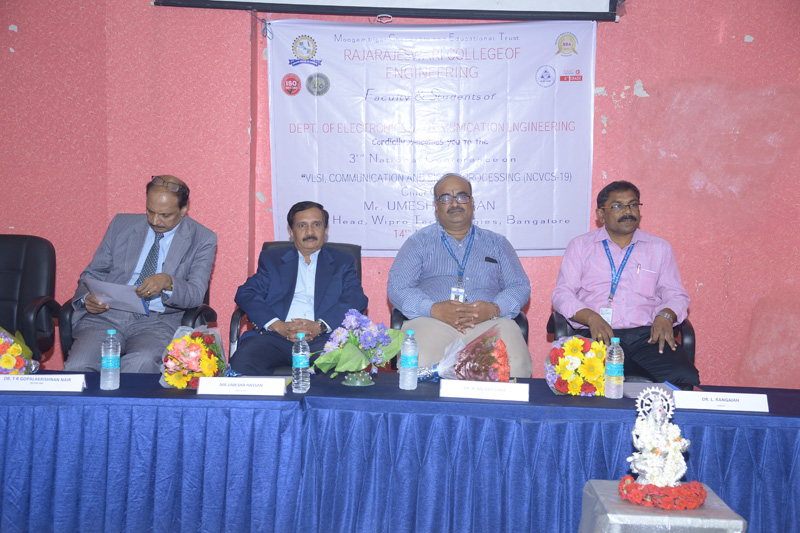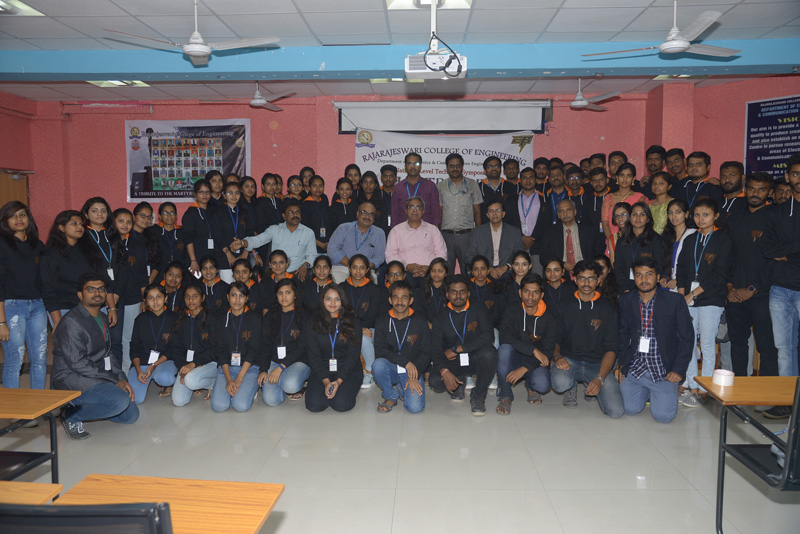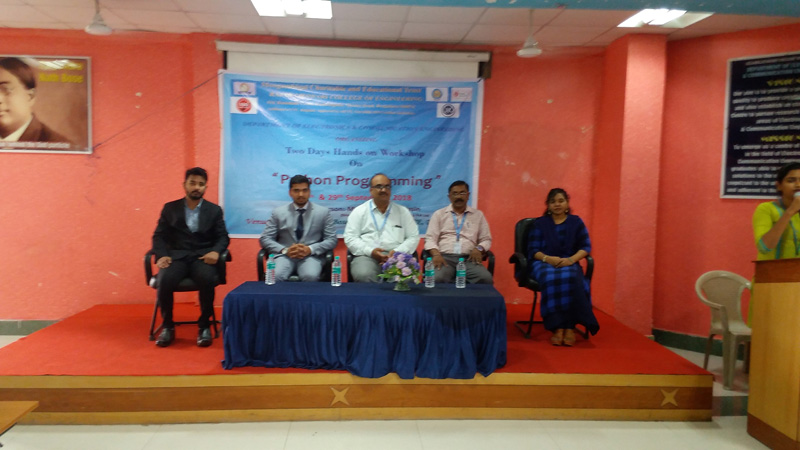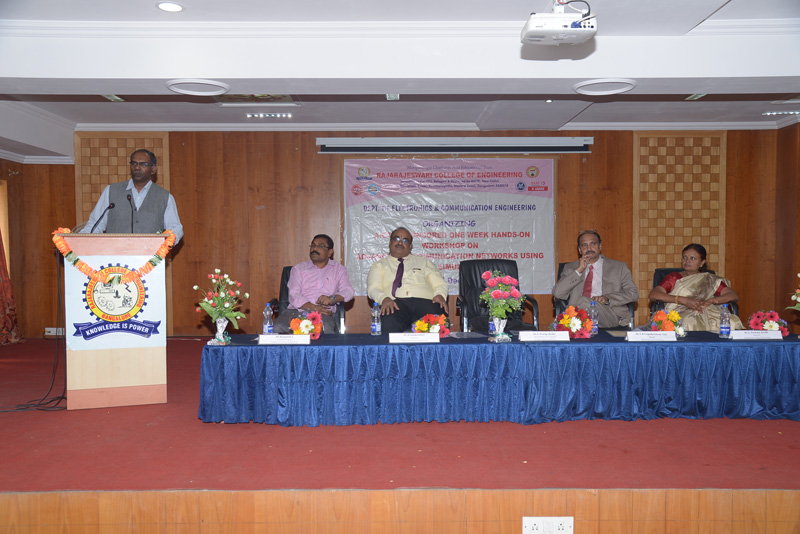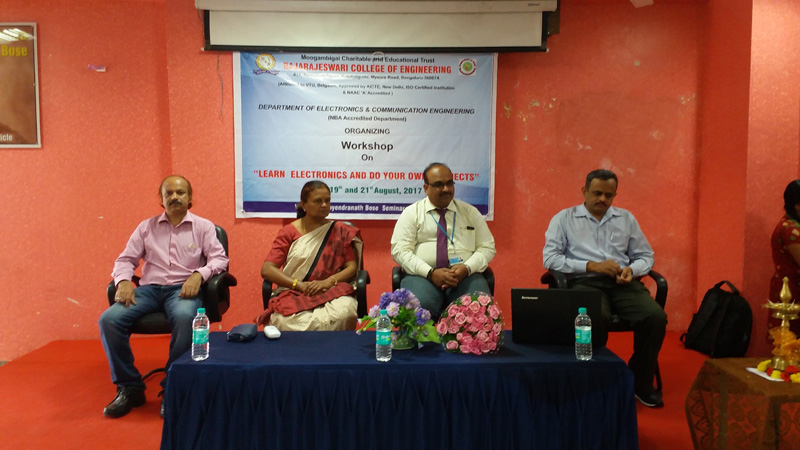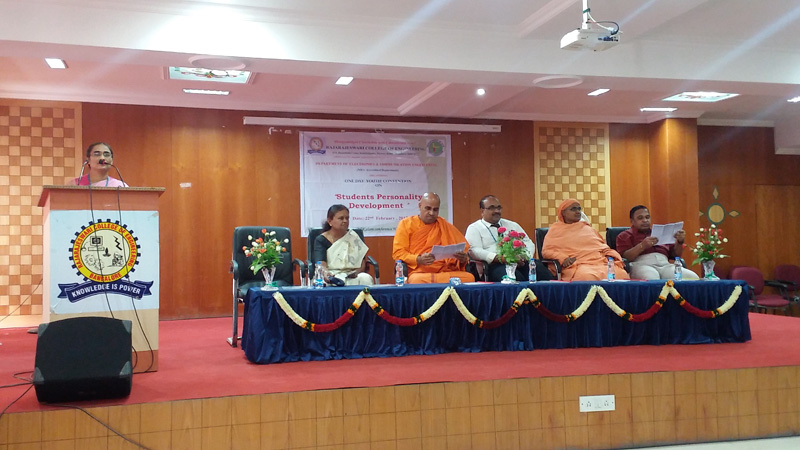Overview
Department of Electronics & Communication Engineering have started in the year 2006-07 with a sanctioned intake of 60 students. The programme is approved by AICTE, New Delhi and affiliated to Visvesvaraya Technological University, Karnataka.In the academic year 2013-14 sanctioned intake is increased to 120 from 60 students and also started M. Tech Programs in “Digital Electronics & Communication Engineering” and “Communication Systems” in the year 2011 and 2014 with intake of 18 Department of Electronics and Communication Engineering has a research center approved by VTU, Belagavi in the year 2016. The Department offers UG, PG and Ph.D. Programs under VTU. The program is accredited by NBA for the 2015 and 2019.There are a total of 23 faculty members. Many of them having more than 10 years of experience. There are faculty members with good amount of industry experience. The department is geared up to conduct National and International conferences in association with Springer, IETE and ISTE. The Number of workshops, Industrial visits FDPs, Seminars and Conferences conducted in the campus are increasing every year. We are also collaborating with industries such as Karnataka Hybrid Micro Devices, P-Thinks & Win global Tech, Apsis Solutions Pvt Ltd, Bangalore. Faculty and Student projects are proposed for VGST, KSCST and VTU funding. Our students have excelled sports such as Karate, Cricket and Kabaddi and participated in state level and University level. All the activities are held through professional societies like ISTE, IETE and Department club.
ABOUT ECE R&D CENTRE
ECE Research Centre approved by VTU, Belagavi in the year 2016.There are Five members approved as supervisors in the department. Totally Ten members registered in our research centre and three are completed the viva voce examination and one is submitted.About 08 of our faculty are pursuing Ph.D in our research center and other research centers.Totally 07 faculty members are completed their Ph.D during 2018 to 2022. Our faculty members are published 145 papers in reputed international journals and conferences and also published 16 patents. Our faculty got the funding for the project proposals from AICTE, VTU TEQIP, KSCST, VTU and CSIR. ECE Department has Centre of Excellence in Wireless Sensor Networks and Product Design Students are encouraged to do innovative and product-based projects related to advance technologies and encouraged to publish papers in the International & National conference and journals. We have adopted integrated teaching-learning practices. Workshops, symposiums &Technical Seminars are organized on regular basis. Our students have received best paper awards in the conferences. Students are counseled according to the industry & academics requirement, encouraged to have hands on exposure.
Students are encouraged to do innovative and product based projects related to advance technologies and encouraged to publish papers in the International & National conference and journals. We have adopted integrated teaching-learning practices. Workshops, symposiums & Technical Seminars are organized on regular basis. Our students have received best paper awards in the conferences. Students are counseled according to the industry & academics requirement, encouraged to have hands on exposure. Students are given guidance for higher studies and soft skill training for placements I good companies.
Sanctioned intake of the department 120
UG program– B.E degree in Electronics and Communication
PG programmes-Sanctioned intake of 18
1. Digital Electronics and communications
2. M.Tech in communication systems
Course Name
Electronics and Communication Engineering
Duration
4 years (UG), 2 years (PG)
Eligibility
Marks - General
45% Aggregate
Marks - SC / ST / OBC
40% Aggregate
Eligibility - Subjects
- Physics & Mathematics along with Chemistry/ Bio technology/ Biology(UG)
- B.E. in Electronics and Communication Engineering (PG)
Eligibility - Exam
- A rank is must in Entrance Examinations like CET, KRLM, COMED –K, AIET, AIEEE Etc.
- A rank is must in Entrance Examinations like PGCET or GATE. GATE qualified candidates are eligible for scholarship through AICTE. Few seats are also available for sponsored quota and Management quota
Application Form
Application Not Available! Please contact the office!
A+ Accreditation, Approvals, and Recognition
- Approved by AICTE
- Affiliated to VTU
- Approved Research Center
Career Opportunities
This program is aimed to providing in depth knowledge to students with a wide variety of opportunities, both in the Industry as well as in the R & D fields. The curriculum is designed to make the students excel in areas of, Modern DSP, Antenna Theory and Design, Error control, Optical communication Networks, Microwave and Antenna designs.
Vision & Mission
Vision
Actualize high Quality Electronics and Communication Engineering professionals showcasing Innovation, Research and Performance in the Frontier areas and capable of working local, global, environment contributing for Societal development through sustainable technology keeping high moral values.
Mission
M1: To give strong fundamental and contemporary knowledge to Students with excellent curriculum and faculty.
M2: Promoting Innovation and Research by creating ambiance by collaborating Industry & academia also involving them to do societal beneficial projects.
M3: Imparting ethics to students through relevant practices.
Project Details
VTU sponsored Student Projects
KSCST sponsored Student Projects
Sponsored Workshops
Activities
Our Strength
Infrastructure
- CENTRE OF EXCELLENCE – WIRELESS SENSOR NETWORKS
- ANALOG AND DIGITAL ELECTRONICS LAB
- COMMUNICATION LAB & ADVANCED COMMUNICATION LAB
- ANALOG ELECTRONIC CIRCUITS LAB & LINEAR INTEGRATED CIRCUIT LAB
- ELECTRONIC DEVICES & INSTRUMENTATION LAB
- LOGIC DESIGN LAB & DIGITAL DESIGN LAB
- EMBEDDED SYSTEM & CONTROLLER LAB
- DSP, MICROCONTROLLER LAB & MICROPROCESSOR LAB
- ANALOG COMMUNICATION LAB & DIGITAL COMMUNICATION LAB
- VLSI LAB
- COMPUTER NETWORKS LAB & HDL LAB
- POWER ELECTRONICS LAB
Student Details
- Academic Year 2022-23 Student List
- 2021-22 Student List
- 2020-21 Student List
- 2019-20 Student List
- 2018-19 Student List
- 2017-18 Student List
- 2016-17 Student List
Calendar of Events
- 2024-25(Even Semester)
- 2024-25 (ODD Semester)
- 2023-24 (Even Semester)
- 2023-24 (Odd Semester)
- 2022-23 (Even Semester)
- 2022-23 (Odd Semester)
- 2021-22 (Odd Semester)
- 2021-22 (Even Semester)
- 2020-21 (Odd Semester)
- 2020-21 (Even Semester)
- 2019-20 (Odd Semester)
- 2019-20 (Even Semester)
- 2018-19 (Even Semester)
Objectives
Programme Educational Objectives (PEOs)
- PEO1: Able to take up career in the Electronics & Communication industries to contribute by innovative design and products to help society.
- PEO2:Capable to work in team with good communication skills, leadership qualities and ethics.
- PEO3: Professional empowering by taking up higher education or updating Knowledge in line with the changing trends of technology.
Program Specific Outcomes (PSOs)
- PSO1: Demonstrate the competency to analyze the real time problems related to Electronics and Communication industry and able to design and develop products with the cutting edge technology.
- PSO2: Demonstrate leadership qualities to resolve the complex multidisciplinary engineering, societal challenges in the ethical manner.
Programme Outcomes (POs)
At the end of the programme a student of ECE will be able to:
- PO1. Engineering Knowledge: Acquire knowledge on fundamentals of Electronics & Communication Engineering, Sciences, and Mathematics and Computational aspects.
- PO2. Problem Analysis: : Identify formulate and solve complex Electronics & Communication Engineering problems by choosing and applying appropriate analysis and modeling methods.
- PO3. Design/Development of Solutions: Design and conduct hardware, software, simulation component or process to meet desired needs with realistic constraints including health, safety, cultural, societal and environmental considerations.
- PO4. Conduct Investigations of Complex Problems: Carry out research, experiments, team projects and publish the outcomes in various symposia, conferences and journals.
- PO5. Modern Tool Usage: Use advanced tools like Matlab, Cadence, Xilinx, Masm, C & Embedded C, Kiel, CCS V3, V4 to solve complex electronics and interdisciplinary problems.
- PO6. The Engineer and Society: Demonstrate the understanding of impact of engineering solutions on the society and also will be aware of contemporary issues.
- PO7. Environment and Sustainability: Evaluate the impact of engineering solutions in diverse engineering fields such as health, environment and safety in global and societal contexts.
- PO8. Ethics: Demonstrate knowledge of professional and ethical responsibilities while presenting sustainable solutions.
- PO9. Individual and Team work: Work effectively as an individual and as a leader in interdisciplinary environments.
- PO10. Communication: Communicate effectively in both verbal and written form.
- PO11. Project management and Finance: Apply managerial principles to his/her own work including financial implications and to manage project in multidisciplinary environments.
- PO12.Lifelong Learning: Participate and succeed in competitive examinations, develop confidence for self-education and ability for life-long learning.
- Analog Electronics Fundamentals
- Analog Fundamentals
- Digital System Design
- Micro Waves and Radar
- Power Electronics
- Digital Communication
- VLSI Design
- Signals and Systems
- DSP Software
- Data Communication Systems
- Optical & Wireless Communication
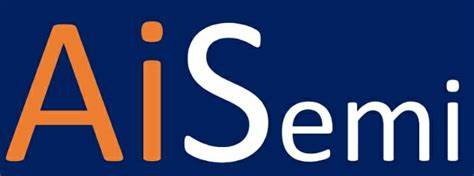



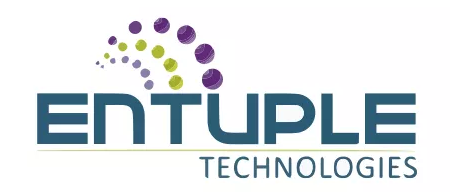
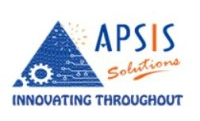



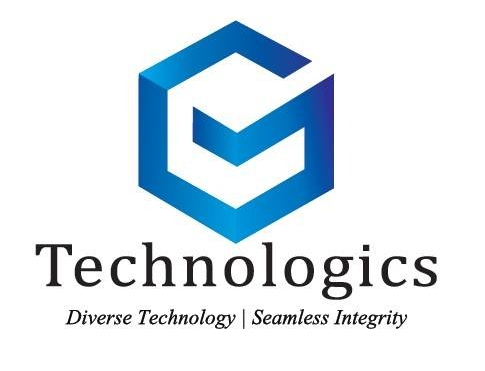
News & Events
- 12
- Apr
- 2025
ICRRCE-2025
International Conference on Recent Research in Computational Sciences and Engineering
- 20
- Mar
- 2025
One-Day Student Development Program on AI Agents
The Department of Electronics and Communication Engineering at Raja Rajeswari College of Engineering is excited to organize a One-Day Student Development Program (SDP) on "Artificial Intelligence Agents (AI Agents)"
- 3
- Feb
- 2025
FDP on ‘Hands-on Sessions of EC Laboratories’
The FDP is designed to enhance faculty expertise through practical sessions on cutting-edge Electronics & Communication (EC) laboratory experiments.
- 20
- Dec
- 2024
TechXhibition – 2024
Don’t miss this opportunity to explore and appreciate engineering brilliance.
- 7
- Dec
- 2024
Halli Mane Oota – A Traditional Food Fest
Join us in this culinary journey, as we honor our roots and enjoy the flavors that bring us closer together.
Syllabus
| Year | IJ | IC | NC | TOTAL |
|---|---|---|---|---|
| 2024-2025 | 06 | 13 | - | 19 till date |
| 2023-2024 | 10 | 6 | - | 16 |
| 2022-2023 | 29 | - | 28 | 57 |
| 2021-2022 | 22 | 38 | 16 | 76 |
| 2020-2021 | 21 | 03 | - | 24 |
| 2019-2020 | 29 | 02 | - | 31 |
| 2018-2019 | 29 | - | 13 | 42 |
| 2017-2018 | 14 | 01 | 04 | 19 |
| 2016-2017 | 28 | 01 | - | 29 |
| 2015-2016 | 11 | 01 | 08 | 20 |
Student Publications
Journal Publications
Conference Publications
Placement Details
| Year | Total No. of Students | No. Students Placed |
|---|---|---|
| 2023-2024 | 50 | 35 |
| 2022-2023 | 80 | 71 |
| 2021-2022 | 121 | 74 |
| 2020-2021 | 116 | 79 |
| 2019-2020 | 89 | 52 |
| 2018-2019 | 80 | 50 |
| 2017-2018 | 82 | 51 |
| 2016-2017 | 83 | 39 |
Internship Details
MoUs
- View MoUs List












